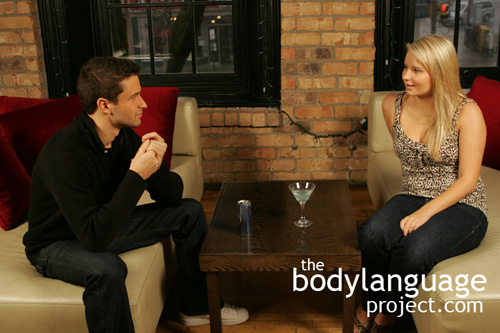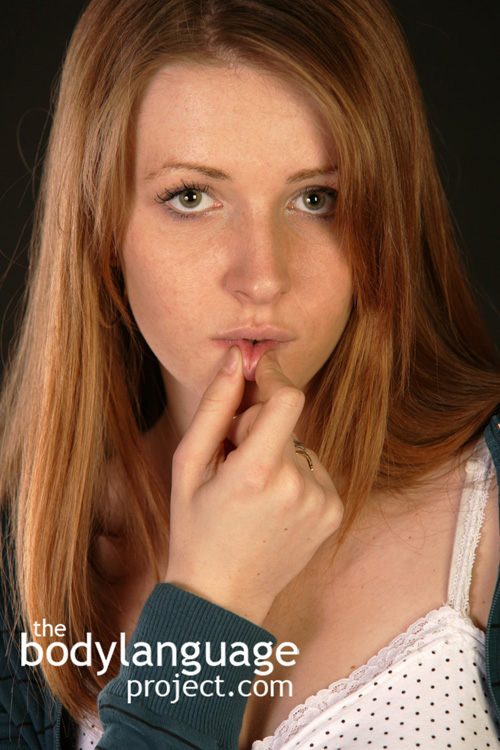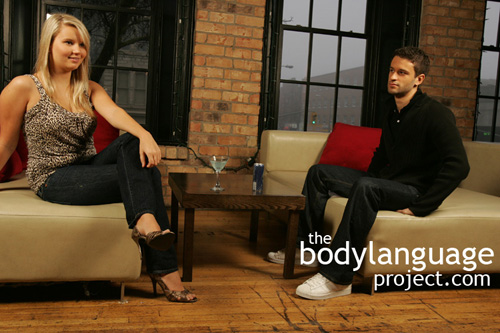We are all familiar with blushing because we’ve all had to deal with it at some point or another. However, most of us don’t understand the reason for it. Blushing is linked to adrenaline and cortisol which are hormones that are released when we get excited, feel pressure or are nervous. Chronic stress in our daily lives also drip these hormones into our blood streams potentially causing long term issues. Adrenaline is released in order to prepare us to either fight or run away; the “fight or fight response”. Adrenaline is tied to an increase in heart rate and breathing. The hormone also diverts blood flow from the digestive system and shunts it to major muscle groups giving them a burst of energy. As a side effect, our blood vessels that deliver blood to our faces dilate, meaning they relax or open, allowing more blood to reach the surface of our face causing them to turn red.
It is unfortunate for some that they have a condition known as “erythrophobia” which is a fear of blushing. Blushing is a reflex controlled unconsciously by our sympathetic nervous system, but in people with this condition the mere fear of blushing causes them to blush, and so they blush much more frequently with minimal stimulus. In all other people, there is a link to our emotions or our environment, we can’t just think about blushing to make it happen, so it becomes much less of an issue in our daily lives.
In most cases then, aside from those who suffer from erythrophobia, we can reliably use blushing to determine someone’s level of stress where the greater the amount of blushing, the greater the stress. For most, a small amount of reddish tint will appear on the cheeks, but before this redness appears we see it in the ears, so be sure to check there first for signs of nervousness or stress. We should be careful though because blushing only tells us that someone has received a dose of adrenaline, it never tells us why. In other words, blushing is just a cue or signal, and in and of itself, has no meaning. Creating meaning is our job.
It might seem counter-intuitive but blushing can be a good thing too and if you can control it by some miracle, you can use it to your advantage. Blushing tells us we are embarrassed so it can signal to others that we deserve some leniency. Blushing has the effect of saying “I’m sorry” without saying it, which may result in a lesser penalty, especially in women and children. If you blush easily, match your body language by using submissive postures and you’ll be more apt to get away with a misdemeanor.
Blushing can also signal that we are attracted to someone, which is obviously more advantageous to women since it makes them appear more submissive, but in men will have the opposite result as they are expected to act more dominant. Blushing, when done by women, essentially does the work for them, making their thoughts known. Men who are aware of the signal and who fancy the blusher, should seize the opportunity.



